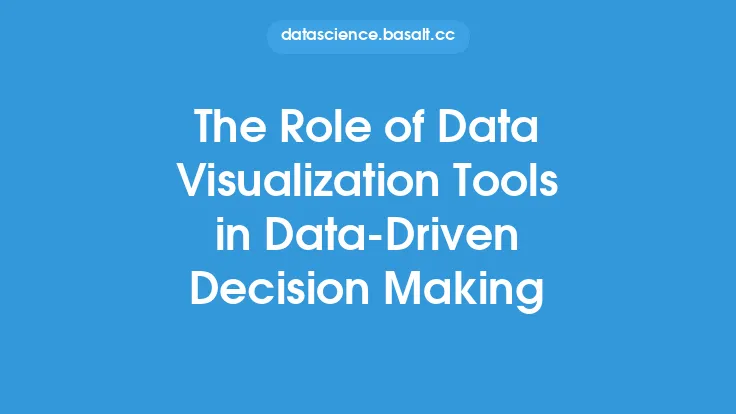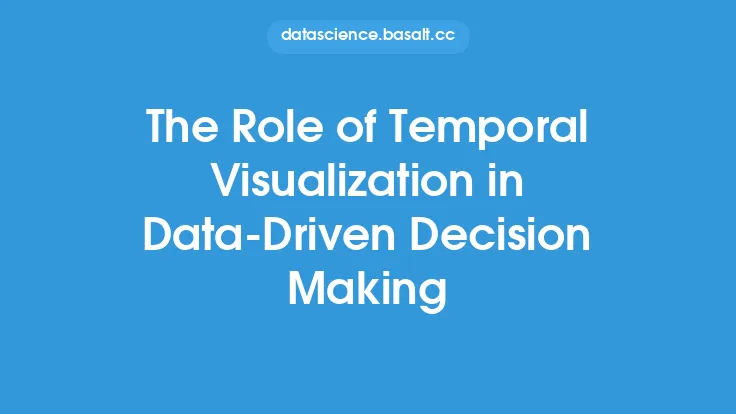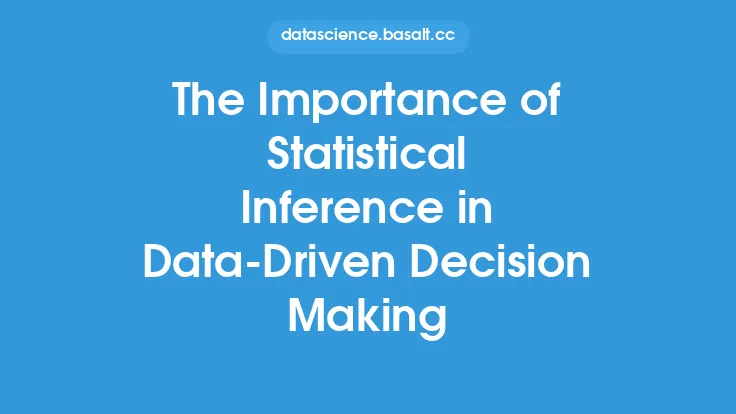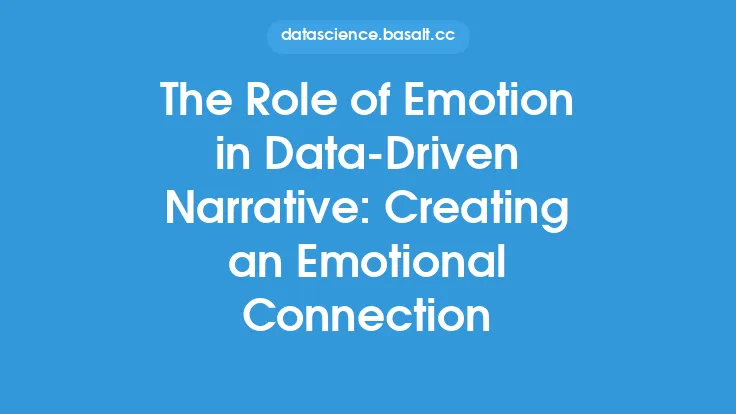In today's data-driven world, organizations and individuals rely heavily on accurate and reliable information to make informed decisions. Survey research plays a vital role in this process, providing valuable insights into the thoughts, behaviors, and opinions of individuals and groups. By collecting and analyzing data from surveys, researchers and decision-makers can gain a deeper understanding of complex issues, identify trends and patterns, and develop effective strategies to address various challenges.
Introduction to Survey Research
Survey research is a systematic approach to collecting data from a sample of individuals or groups, using a standardized questionnaire or interview protocol. The primary goal of survey research is to gather information about a specific topic or issue, which can then be used to inform decision-making, evaluate programs or policies, or identify areas for improvement. Surveys can be conducted using various modes, including online, phone, mail, or in-person interviews, and can be tailored to meet the specific needs and objectives of the research project.
The Role of Survey Research in Decision Making
Survey research plays a critical role in data-driven decision making, as it provides a unique perspective on the thoughts, feelings, and behaviors of individuals and groups. By analyzing survey data, researchers and decision-makers can identify key trends and patterns, which can inform strategic decisions, policy development, and program evaluation. Survey research can also be used to evaluate the effectiveness of programs or policies, identify areas for improvement, and develop targeted interventions to address specific challenges. Furthermore, survey research can provide a baseline for measuring change over time, allowing researchers and decision-makers to track progress and adjust their strategies accordingly.
Types of Survey Research
There are several types of survey research, each with its own strengths and limitations. Cross-sectional surveys involve collecting data from a sample of individuals or groups at a single point in time, providing a snapshot of attitudes, behaviors, or opinions at that particular moment. Longitudinal surveys, on the other hand, involve collecting data from the same sample over an extended period, allowing researchers to track changes and trends over time. Panel surveys involve collecting data from a sample of individuals or groups at multiple points in time, using the same questionnaire or interview protocol. Experimental surveys involve manipulating variables to test hypotheses or evaluate the impact of specific interventions.
Survey Research Design
Survey research design involves several key components, including the development of a clear research question or hypothesis, the selection of a suitable sample, and the creation of a valid and reliable questionnaire or interview protocol. Researchers must also consider the mode of data collection, the sampling frame, and the potential for bias or error. A well-designed survey research project can provide high-quality data, while a poorly designed project can lead to inaccurate or misleading results. Survey research design requires careful consideration of various factors, including the research question, the target population, the sample size, and the data collection method.
Data Analysis and Interpretation
Survey data analysis involves several steps, including data cleaning, data transformation, and statistical analysis. Researchers must also consider the level of measurement, the distribution of the data, and the potential for bias or error. Common statistical techniques used in survey data analysis include descriptive statistics, inferential statistics, and multivariate analysis. Data interpretation involves drawing meaningful conclusions from the results, taking into account the research question, the study design, and the limitations of the data. Survey data analysis and interpretation require a strong understanding of statistical concepts, research design, and data analysis techniques.
Applications of Survey Research
Survey research has a wide range of applications, including market research, social science research, public health research, and program evaluation. Survey research can be used to understand consumer behavior, evaluate the effectiveness of programs or policies, and identify areas for improvement. Survey research can also be used to inform strategic decisions, develop targeted interventions, and track progress over time. In the field of market research, survey research can be used to understand consumer preferences, test new products or services, and evaluate the effectiveness of marketing campaigns. In the field of social science research, survey research can be used to study social attitudes, behaviors, and opinions, and to evaluate the impact of social programs or policies.
Best Practices in Survey Research
To ensure the quality and validity of survey research, several best practices must be followed. These include developing a clear research question or hypothesis, selecting a suitable sample, creating a valid and reliable questionnaire or interview protocol, and using appropriate data analysis techniques. Researchers must also consider the potential for bias or error, and take steps to minimize their impact. Additionally, survey research projects must be designed and implemented in accordance with ethical principles, including informed consent, confidentiality, and respect for participants' rights and dignity. By following these best practices, researchers can ensure that their survey research projects provide high-quality data and meaningful insights, which can inform decision-making and drive positive change.
Future Directions in Survey Research
The field of survey research is constantly evolving, with new technologies, methods, and applications emerging all the time. One of the key trends in survey research is the increasing use of online and mobile surveys, which offer greater convenience, flexibility, and reach. Another trend is the use of big data and analytics, which can provide new insights and perspectives on complex issues. Survey research is also becoming more interdisciplinary, with researchers from various fields working together to address complex challenges and develop innovative solutions. As the field of survey research continues to evolve, it is likely that new methods, technologies, and applications will emerge, providing even more opportunities for researchers and decision-makers to gather insights and drive positive change.





